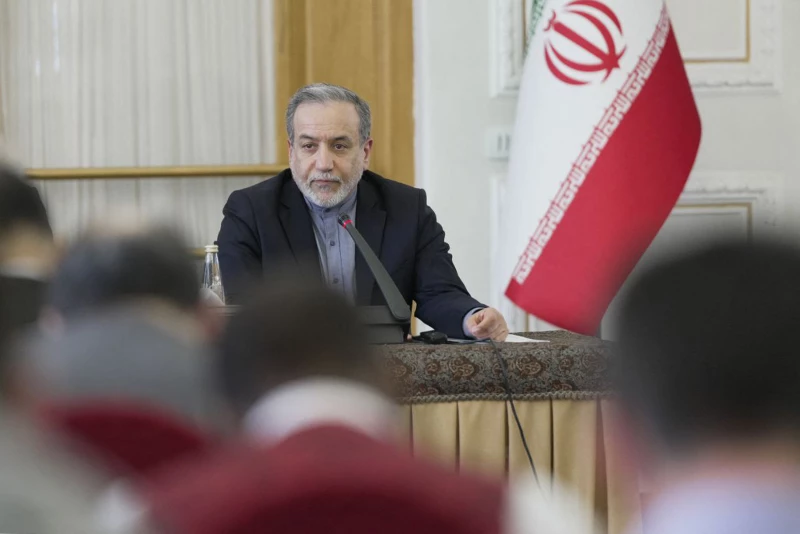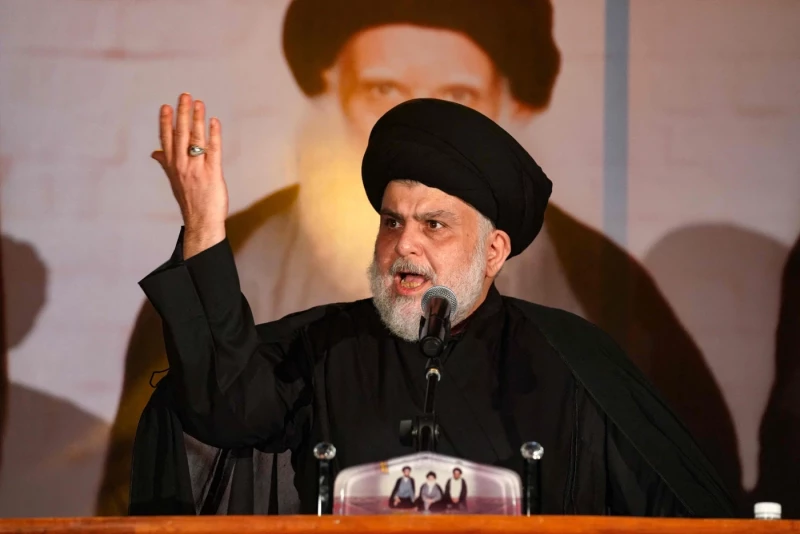ERBIL, Kurdistan Region of Iraq - The UN Security Council is set to vote on Monday on a resolution that would back US President Donald Trump’s Gaza peace plan, with the US and several Arab and Muslim-majority countries on Friday issuing a joint statement urging the body to swiftly adopt the measure.
“The United States, Qatar, Egypt, the United Arab Emirates, the Kingdom of Saudi Arabia, Indonesia, Pakistan, Jordan, and Türkiye express our joint support for the Security Council Resolution currently under consideration, drafted by the United States after consultation and in cooperation with Council members and partners in the region,” the countries said in a joint statement.
The note also says, “We are issuing this statement as the Member States that gathered during High-Level Week to begin this process, which offers a pathway to Palestinian self-determination and statehood. We emphasize that this is a sincere effort, and the Plan provides a viable path towards peace and stability, not only between the Israelis and the Palestinians, but for the entire region,” concluding with the wish of the resolution’s “swift adoption.”
Last week, US officials circulated a draft among the Security Council meant to develop upon the ceasefire in Israel’s genocide in Gaza and sustain Trump’s plan. The text “welcomes the establishment of the Board of Peace,” a transitional governing body for Gaza with a mandate operating through the end of 2027, AFP reported.
The agreement, brokered by Trump with Egypt, Qatar, and Turkey as additional guarantors, came after two years of sustained bloodshed in the region. According to Gaza's health ministry, the Israeli offensive in the Gaza Strip has resulted in the deaths of over 69,000 people, the majority of whom are civilians.
The current draft marks a shift by including a mention of a potential Palestinian state.
The resolution would also authorize the creation of a “temporary International Stabilization Force (ISF)” to work with Israel, Egypt, and a newly instructed Palestinian police to secure border areas and assist in demilitarizing the Gaza Strip.
During his recent visit to Israel, US Secretary of State Marco Rubio—when asked regarding the countries set to participate in the formation of the stabilization forces—asserted that “as you put together this force, it will have to be people that… our country [and] Israel [are] comfortable with.”
He noted that the forces will be made up of “nation states that are offering to provide personnel and resources,” adding that many countries have already shown interest, though not disclosing the prospective participants.
In contrast to the US, Russia circulated a competing draft not authorizing the US-backed Board of Peace or the immediate deployment of international forces, according to a copy of the text obtained Friday by AFP. The Russian proposal welcomes “the initiative that led to the ceasefire” without mentioning Trump directly, asking instead the UN secretary-general to report on the feasibility of an international stabilization force.
Russia’s UN mission said its competing proposal stands apart by endorsing a “two‑state solution” and criticized the American draft for not giving those provisions due regard.
The United States warned Friday of the risks of failing to pass its draft, describing the ceasefire as “fragile.”
US Ambassador to the United Nations Mike Waltz wrote in The Washington Post that “any refusal to back this resolution is a vote either for the continued reign of Hamas terrorists or for the return to war with Israel, condemning the region and its people to perpetual conflict.”
He also added that “every departure from this path, be it by those who wish to play political games or to relitigate the past, will come with a real human cost.”
Despite the ostensible support for Trump’s plan, diplomatic sources revealed Council members’ doubts on the US text, notably the absence of a UN monitoring mechanism, the undefined role of the Palestinian Authority, and unclear limits on the ISF’s mandate.



 Facebook
Facebook
 LinkedIn
LinkedIn
 Telegram
Telegram
 X
X


